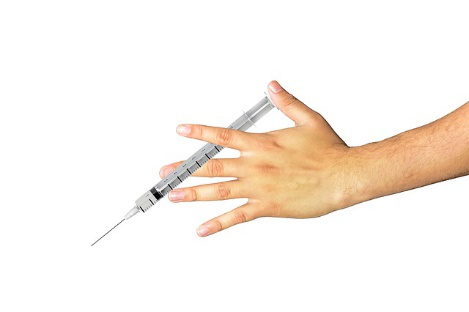
Source of pictures: Pixabay.com
"Take care of yourselves recently. Winter and spring are seasons when we are most likely infected with chickenpox virus! Today, let's talk about chickenpox in this class meeting course. Do you know what will happen after coming down with chickenpox?” After the teacher had finished her speaking, the whole class started to discuss fervently at once.
"I know! There will be a lot of small blisters."
"My big brother next door got chickenpox last year. He said that he felt itchy all over, but he didn't dare to scratch."
"Yeah, the adults say that if you scratch them, there will be scars."
The teacher nodded and continued, "It seems that everyone has heard of chickenpox. I'm still going to start with its origin. First of all, we should know that chickenpox is an acute infectious disease caused by varicella-zoster virus. It is characterized by systemic papules, blisters, and scars, which are the symptoms you just mentioned. Chickenpox is mainly spread through saliva in the respiratory tract and direct contact. If you have caught chickenpox before, you will obtain long-lasting immunity for this disease. In other words, there is a slight chance to have chickenpox for second time."
"Is chickenpox highly contagious?"
The teacher replied, "Yes, you are right. If the susceptible populations who have no immunity for chickenpox are exposed to patients with this illness, 90% of them may come down with it. Therefore, chickenpox is also known as 'face-to-face spreading'. Patients are the only source of infection. The viruses hide in the patient's upper respiratory tract and herpes fluid. The patient is infectious from 1-2 days from the onset of illness to the rash completely turning to scabs."
"How can I find out if I have chickenpox?"
"Good question!" the teacher nodded. She fixed a poster with a magnet, and continued, "Look at this picture. When people have chickenpox, they usually have fever and get itchy rashes on their bodies. At the beginning, these rashes are flat and then they turn into small blisters. The dense blisters scatter with the heart as their center and spread to the rest part. Generally, the chest and back will appear dense blisters first. In the most severe cases, small blisters may cover the whole body. Generally speaking, this condition lasts for 3-4 days. After that, these small blisters will dry out and become scabs. It takes about 2 to 3 weeks to recover."
"So how can we prevent chickenpox?"
“Vaccination is the most effective measure now. However, it is not 100% sure that you will never get chickenpox after vaccination. According to the recommendations of the World Health Organization, getting vaccinated for twice will decrease your chance of getting chickenpox by 95%. You can go to the community health service center for vaccination."
Author: Lu An

















 京公网安备11010502039775号
京公网安备11010502039775号





